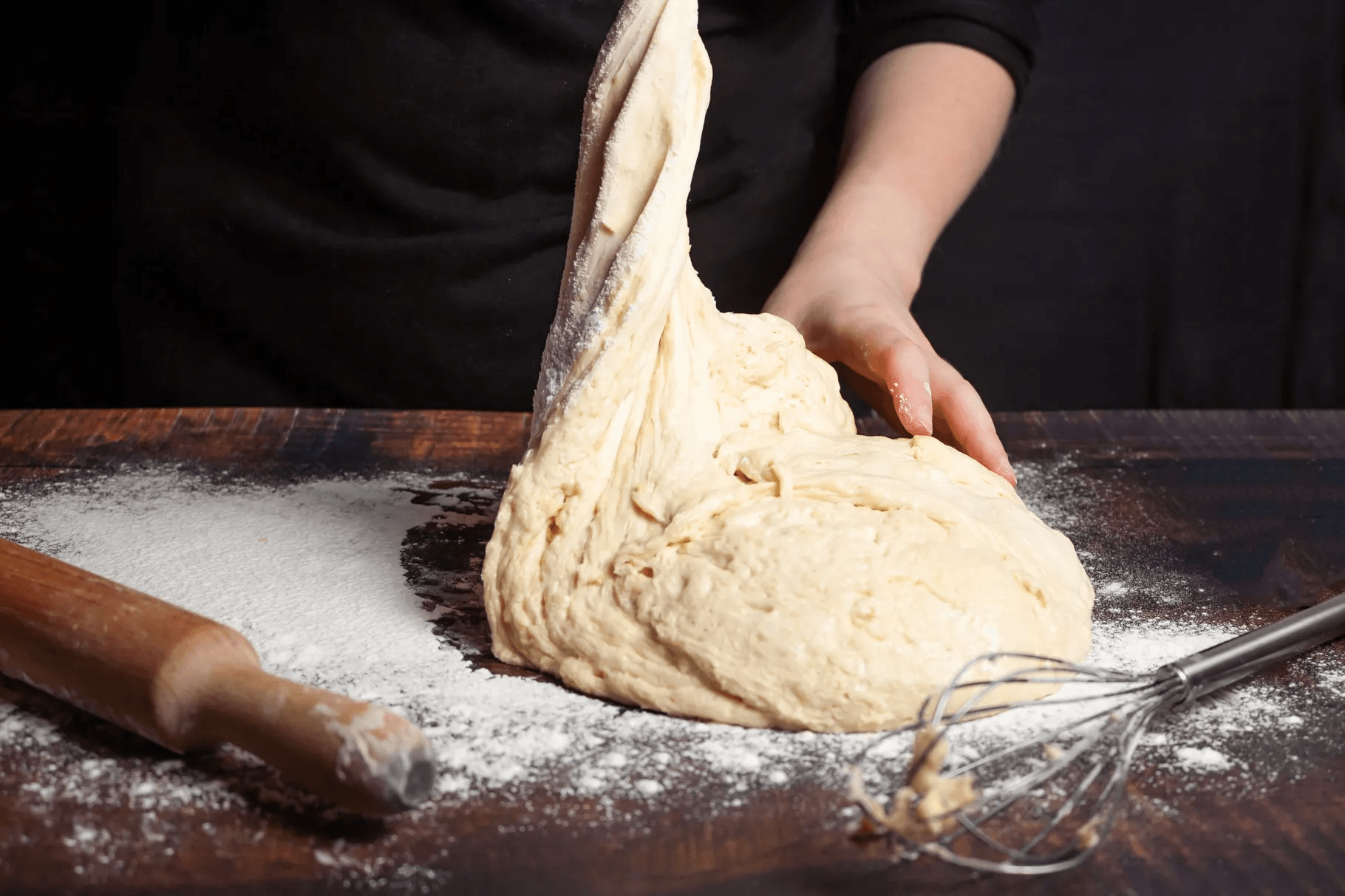Message of Abbot Paul - Tuesday 25th October 2022
Abbot Paul • October 24, 2022

Yesterday was truly a momentous day for the United Kingdom. Whatever we might think of the way the British political system works, nevertheless we all sense the urgent need to pray for our country and those who govern it. I feel sure that if we all prayed earnestly for the government, then it might do a better job at governing. Looking back over the shambolic recent past, perhaps things would be better now had we prayed more and argued or criticised less. I must confess to being particularly happy that we have a prime minister elect who comes from an ethnic minority, is a man of colour as well as a believing and practising Hindu. May the good Lord bless him in his office and protect him from all harm. In addition to praying for those in government, let us never forget to pray for those in opposition. The quality of government depends to a large extent on the quality of opposition.
As St Paul stated, writing to Timothy, (1 Tm 2: 1-4), “First of all, then, I urge that supplications, prayers, intercessions, and thanksgivings be made for all people, for kings and all who are in high positions, that we may lead a peaceful and quiet life, godly and dignified in every way. This is good, and it is pleasing in the sight of God our Saviour, who desires all people to be saved and to come to the knowledge of the truth.”
Today’s short Gospel passage from Luke, (Lk 13: 18-21), presents us with two miniature parables of the Kingdom, that of the mustard seed and that of the yeast. Here they are: “Jesus said, ‘What is the kingdom of God like? What shall I compare it with? It is like a mustard seed which a man took and threw into his garden: it grew and became a tree, and the birds of the air sheltered in its branches.’
Another thing he said, ‘What shall I compare the kingdom of God with? It is like the yeast a woman took and mixed in with three measures of flour till it was leavened all through.’”
The first sees a man throw a mustard seed into his garden. Did he do this intentionally and was it really only one seed? Insignificant questions, for from this smallest of seeds grows, unaided by the man, a tree so large that birds can shelter in its branches. So, we focus on the extraordinary growth of the plant into a bush and then a tree. The second is similar, for the kingdom is also like a small portion of yeast with which a woman can leaven three measures of flour and so produce an enormous quantity of bread. Both parables focus on the extraordinary growth attributed to both mustard seed and yeast. Jesus takes simple examples from ordinary, everyday life to explain how the kingdom of heaven will grow and eventually take over the whole world. The disciples are not to lose heart, but rather to be encouraged by the parables of Jesus. I hope that we, too, are encouraged and so do not lose heart in the mission of the Church.









